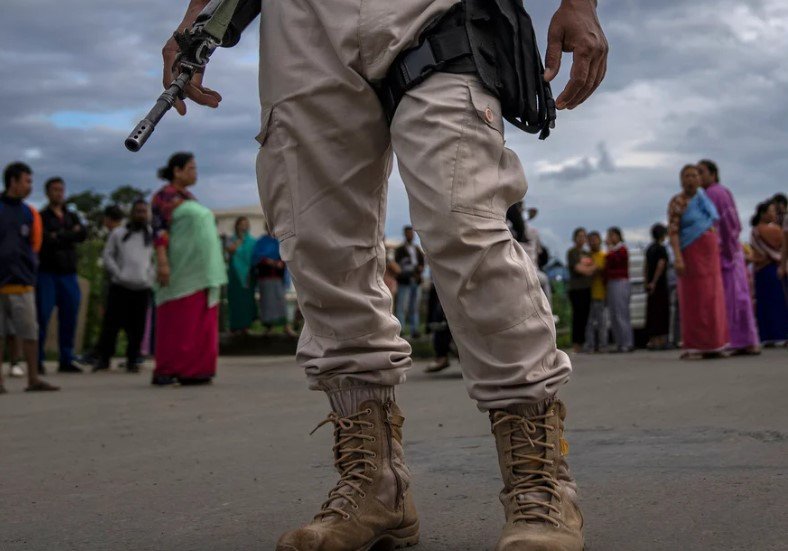Union Home Minister Amit Shah has ordered the restoration of religious sites damaged during last year’s ethnic violence in Manipur. The directive, issued during a high-level security review meeting, is part of a broader effort to stabilize the situation in the troubled northeastern state.
A Push for Reconciliation
In the wake of the ethnic clashes that erupted in Manipur on May 3, 2023, hundreds of religious places were caught in the crossfire. According to a submission made by the Manipur government to the Supreme Court in August last year, 386 religious institutions belonging to both the Meitei and Kuki-Zo communities suffered damage.
Shah’s order is seen as a significant move toward rebuilding trust between the two communities. A senior government official told The Hindu that the decision aims to provide a “healing touch” to the affected populations. Religious institutions hold deep cultural and spiritual significance, and their destruction had intensified the grievances on both sides.

Security and Law Enforcement Targets
Beyond religious restoration, the security review meeting outlined key timelines for addressing Manipur’s lingering security challenges:
- Free movement on all state roads by March 8, 2025.
- Recovery of looted weapons by June 30, 2025.
The directive on road access is particularly crucial, given that many areas remain inaccessible due to community-imposed blockades. Ensuring unrestricted movement is expected to improve supply chain logistics, emergency services, and overall governance in the state.
Meanwhile, the looting of police armories during the peak of violence led to a major security crisis. Armed civilian groups have since posed a significant challenge to law enforcement, making the retrieval of these weapons a high priority.
The Path Forward for Manipur
Since the imposition of President’s Rule, Manipur has witnessed renewed attempts at restoring normalcy. While sporadic violence continues, the government’s emphasis on reconciliation and security enhancement reflects a strategic shift.
One key challenge remains: sustaining peace beyond these immediate measures.
- Community Confidence: Restoring religious sites is a symbolic gesture, but deep-seated mistrust persists.
- Political Stability: With fresh elections anticipated, the political climate remains volatile.
- Security Coordination: Manipur’s complex terrain and multiple armed factions require a nuanced security approach.
Officials believe that meeting the March 8 and June 30 deadlines will set the tone for a more stable Manipur. However, the real test lies in long-term peacebuilding efforts beyond these immediate interventions.
A Critical Juncture
The security review meeting marked the first major assessment of Manipur’s situation since the imposition of President’s Rule. The government’s willingness to prioritize religious restoration, security, and law enforcement measures underscores its recognition of the crisis’s complexity.
With multiple stakeholders involved—government agencies, security forces, local leaders, and civil society—the coming months will be decisive. The success of these measures will determine whether Manipur moves toward lasting peace or continues to grapple with deepening fault lines.
